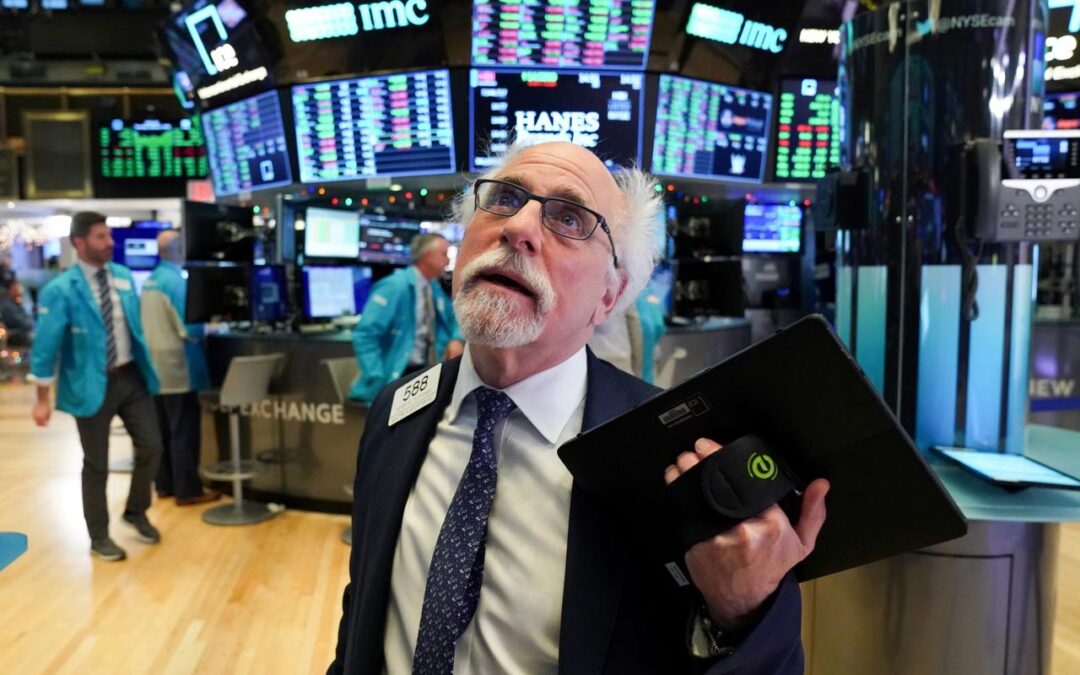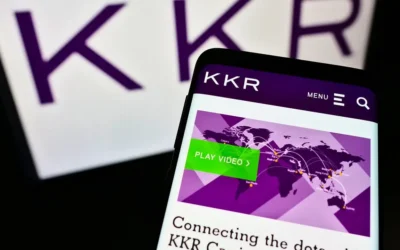1. Blank-check billions
This summer’s spate of SPAC deals continues: Telehealth startup Hims lined up a $1.6 billion merger this week with a blank-check company backed by Oaktree Capital Management, and indoor farming startup AppHarvest inked a $1 billion SPAC pact of its own. Meanwhile, Bloomberg reported that Massachusetts-based Easterly Alternatives is aiming to raise $100 million from LPs that it plans to invest exclusively in new SPACs.
2. Direct debuts
Shares in both Palantir Technologies and Asana began trading this weekend after the companies conducted seldom-seen direct listings, continuing a run of high-profile public debuts. Palantir closed its first day of trading with a fully diluted valuation of $20.6 billion, nearly the same as the $20.3 billion venture-backed valuation it attained in 2016, according to PitchBook data. Asana, meanwhile, reached a $5.8 billion fully diluted public valuation, up from $1.5 billion in its final round of VC.
3. Anti-activism
In recent months, many companies and investors have talked about a new commitment to maintaining a political and social conscience. This week, Coinbase founder Brian Armstrong took a very different tack, publishing a blog post announcing that the $8 billion crypto company plans to stay out of social activism. “I think these efforts are well intentioned,” Armstrong wrote of startups engaging with issues such as the pandemic and climate change, “[but] they have the potential to destroy a lot of value at most companies, both by being a distraction, and by creating internal division.” Later in the week, Armstrong offered severance packages to any workers who disagreed.
4. Abu Dhabi deals
Mubadala spent the week strengthening its ties to Silver Lake, one of private equity’s most prominent tech investors. First, Mubadala acquired a sub-5% stake in the firm from Dyal Capital Partners, a prominent name in the growing world of GP stakes, and committed a further $2 billion to help Silver Lake launch a new long-dated fund. Then, Mubadala agreed to take a stake in Reliance Retail, a subsidiary of Indian conglomerate Reliance Industries that lined up separate backing from Silver Lake last month.
5. Bunnies and birds
In 2011, Hugh Hefner teamed with Rizvi Traverse Management to take Playboy Enterprises private. This week, the famed brand (which quit publishing a print version of its flagship magazine earlier this year) lined up a return to the public market, agreeing to merge with a special-purpose acquisition company in a $381 million move. Another fauna-inspired company was also in the news this week, as footwear brand Allbirds banked $100 million in venture funding at a reported $1.7 billion valuation.
6. Chinese take-privates
Two companies based in China but publicly traded in the US reached agreements this week to go private in sales to Chinese investors, the latest signs of growing market tensions between the two countries. Sina, an online media company, agreed to sell itself for $2.59 billion to a vehicle led by its CEO. And Sogou, which specializes in web search, lined up an all-cash takeover by Tencent worth $3.5 billion.
7. Retail detail
One of the biggest retail names felled in the early days of the pandemic has emerged from bankruptcy protection, as Neiman Marcus completed a restructuring that shed some $4 billion from its debt load. While brick-and-mortar continues to struggle, though, many ecommerce brands are booming: Vtex, a startup that provides an ecommerce platform for other brands, raised $225 million in venture funding this week at a $1.7 billion valuation.
8. Mega-round roundup
Digital banking company Alkami joined Vtex in raising a huge sum of VC in recent days, pulling in $140 million. Data-driven biotech startup Sophia Genetics also got in on the act with $110 million in funding. Cazoo, which operates a used-car marketplace in the UK, added £240 million (about $310 million) to its coffers at a valuation believed to be north of $2 billion, and Parisian marketing specialist Sendinblue banked $160 million in new venture backing.
9. Building blocks
Roblox makes the building blocks of video games, offering a platform that allows users to create and play games of their own. Reports emerged this week that the company is considering an IPO in 2021 at a potential $8 billion valuation, double the $4 billion figure it attained with a round of venture funding this February. Lego, meanwhile, makes literal building blocks. It also makes venture deals: Lego Ventures and the Sesame Street-affiliated Sesame Workshop both took part in a $50 million investment this week in Homer, an early-education startup building apps to teach literacy and other childhood skills.
Source: PitchBook
Can’t stop reading? Read more
K-beauty prize in play: Anchor Equity and Taekwang advance in $441m Aekyung pursuit
K-beauty prize in play: Anchor Equity and Taekwang advance in $441m Aekyung pursuit Anchor Equity...
Fortino Capital takes majority stake in Seenons to scale circular waste tech platform
Fortino Capital takes majority stake in Seenons to scale circular waste tech platform Private...
KKR clinches £4.7bn deal for Spectris, beating Advent’s bid
KKR clinches £4.7bn deal for Spectris, beating Advent’s bid KKR has secured an agreement to...




